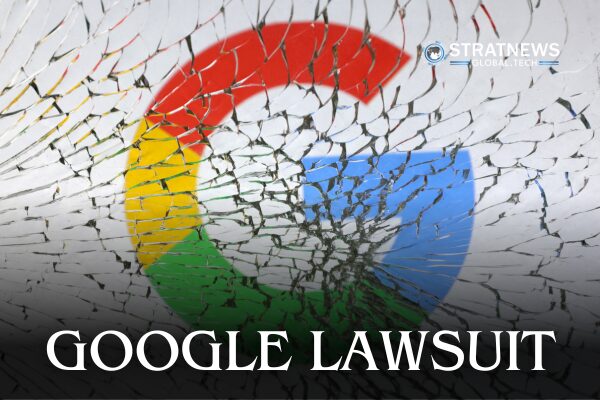Jury rules Google violated user trust
A federal jury in San Francisco has ordered Google to pay $425 million for breaching user privacy. The verdict follows a class action lawsuit that accused the tech giant of collecting data from users who had switched off tracking in their Google accounts.
The jury found that Google, owned by Alphabet, violated privacy rights over an eight-year period. Despite users disabling the “Web & App Activity” setting, Google allegedly continued collecting, storing, and using their data. Around 98 million users and 174 million devices were covered under the class action.
Google denies wrongdoing and plans to appeal
Google has denied any wrongdoing and plans to appeal the decision. Company spokesperson Jose Castaneda stated, “This decision misunderstands how our products work. Our privacy tools give people control over their data, and when they turn off personalisation, we honour that choice.”
While the jury found Google liable on two out of three privacy claims, it ruled that the company did not act with malice. This means Google will not have to pay punitive damages, which are typically imposed to punish intentional wrongdoing.
Users had originally sought over $31 billion in damages. Though the final award is far lower, their legal team welcomed the outcome. “We are obviously very pleased with the verdict the jury returned,” said attorney David Boies.
Data collected through third-party apps
The case, filed in July 2020, alleged that Google gathered user data through its partnerships with apps like Uber, Venmo, and Instagram. These apps use Google’s analytics tools, which the plaintiffs said enabled the unauthorised data collection.
Google defended its actions during the trial. The company claimed that any collected data was pseudonymous, not linked to user accounts, and stored in secure, encrypted systems.
Not the first privacy case against Google
This is not the only legal challenge Google has faced over privacy concerns. Earlier this year, the company agreed to pay nearly $1.4 billion to settle allegations it had violated Texas state privacy laws.
In another case, settled in April 2024, Google agreed to delete billions of data records. That lawsuit accused the company of tracking users in “Incognito” mode, despite claims that such browsing was private.
The current ruling highlights growing legal and public scrutiny of how tech firms handle personal data and user privacy.
with inputs from Reuters


